State Legislatures and Current Bills to Protect Animals from Experimentation
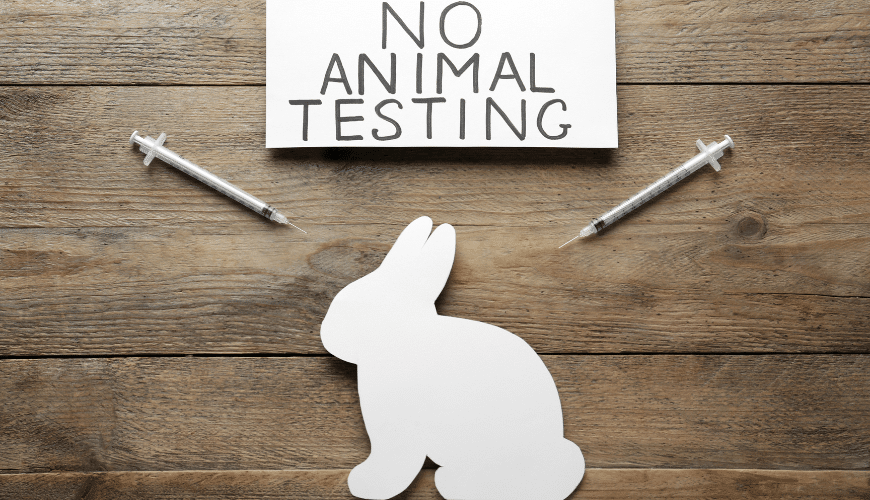
State legislatures across the country have introduced bills to protect animals from experimentation. These bills range from prohibiting the sale of cosmetics that use animals in testing to requiring non-animal methods be used in place of animal experimentation. CCS is happy to support bills that aim to protect humans, animals, and the environment, especially those […]
Reimagining Biomedical Research with Computational Models
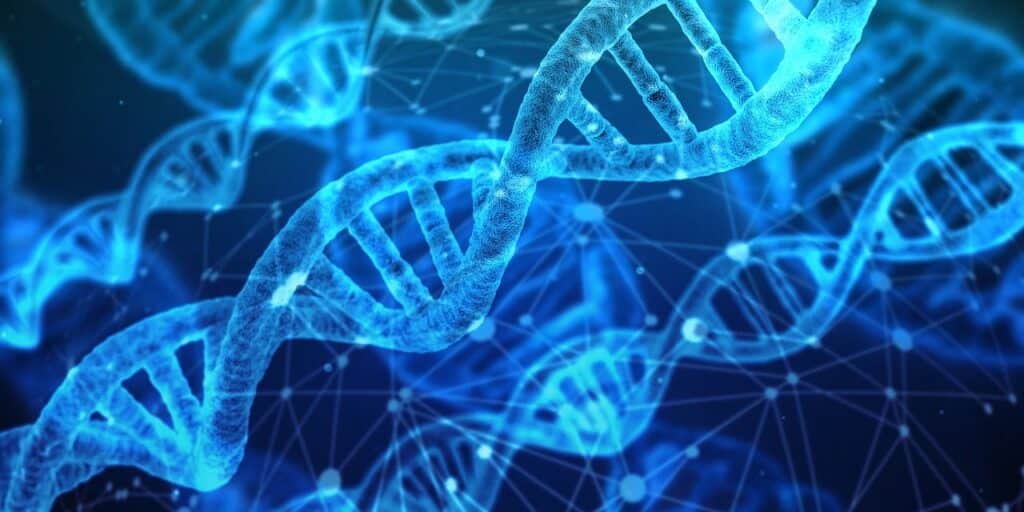
Researchers are turning to computational models to solve some of the most pressing biomedical challenges. Melding the intricacies of human biological systems with the precision of mathematical modeling, computational models are redefining how we conduct biomedical research and its implications for human health. Promise of Precision At its core, computational modeling (sometimes referred to […]
Updates from the FY2024 Appropriations Bills and Accompanying Reports
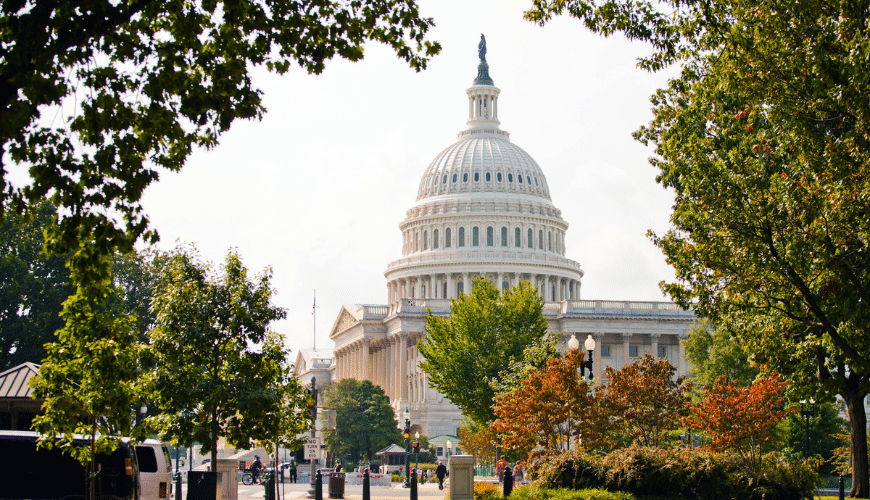
The FY2024 Consolidated Appropriations Act was passed in two parts during March. These bills, along with the accompanying reports, contain provisions that support human-relevant research methods and recognize the risk to human health posed by animal exploitation across different industries. Each year, the Center for Contemporary Sciences focuses effort on educating Members of Congress on […]
118th Congressional Session Aims to Protect Dogs Used in Research

Beagles made headlines in 2022 when 4000 of them were rescued from the Envigo breeding and research facility. The facility was found to have dozens of violations of federal regulations. Envigo and other facilities like it work with pharmaceutical and biotech industries to breed, sell, and transport animals like dogs for animal experimentation. While it […]
New Acronym Mayhem (NAM): Why we need a consistent definition of NAMs

NAMs is a common acronym used to represent human biology-based methods in biomedical research. This acronym often refers to human-relevant testing methods like organ chips, organoids, and in silico models, but sometimes can include methods that are not human-relevant, but play a role in reducing the use of animals in testing. In the United States, […]
Top 5 Innovators to Watch in 2024
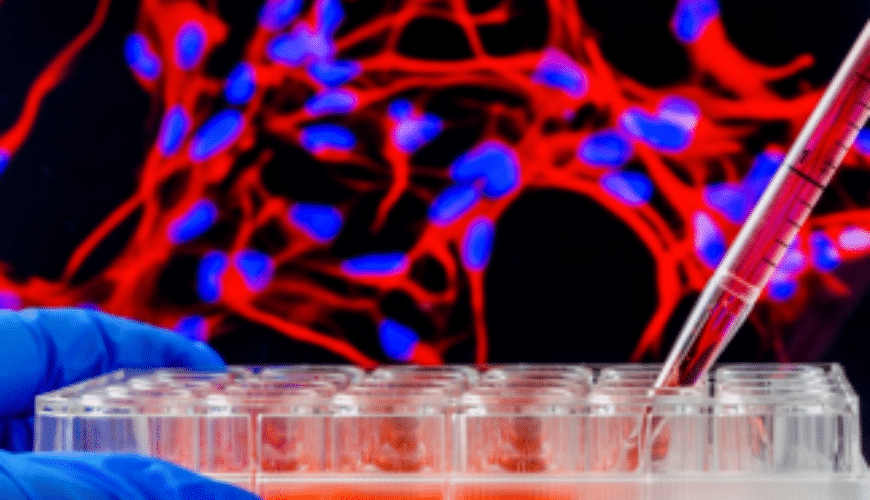
A Call for More Human-Relevant Research at NIH

For decades, animal experimentation was considered the “gold standard” of biomedical research, but today a growing number of well-known scientists and researchers begin to challenge that assumption. It is clear that the underlying molecular, cellular, and physiological mechanisms of animals being distinct from humans can lead to poor predictions in humans. This unreliability is the […]
Horror Movies and Zoonotic Disease: What’s the Connection?

In the wake of a global pandemic, Dystopian films depicting rampant disease leading to the end of the world take on a new patina of realism. The horror narrative that includes zombies, quarantines, and even the farming of humans for consumption as told through books, movies, and even video games remain timeless and successful. Despite […]
Oxford Centre for Animal Ethics Summer School: Animals, Scholarship, and Zombies?

The Oxford Centre for Animal Ethics held its Eighth Annual Oxford Animal Ethics Summer School in early August. This year’s theme was Animals and the Media: Communicating Ethical Perspectives on Animals. Merton College at the University of Oxford provided the perfect environment for scholars from all over the globe to meet, learn, and discuss ethical […]
Organoids, Digital Twins, and the Law: A Case for Alternatives to Animal Testing
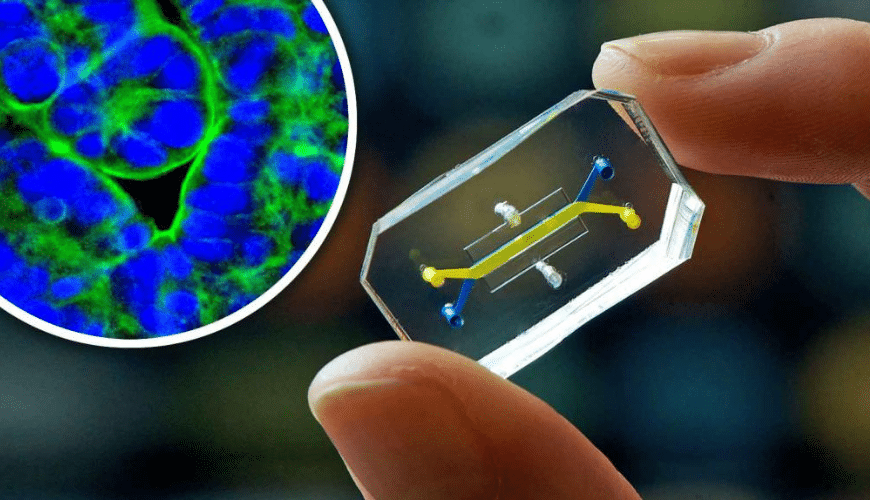
CEO and Co-founder of the Center for Contemporary Sciences, Dr. Aysha Akhtar M.D., M.P.H., was interviewed by Dr. Erika Gebel Berg Ph.D., Director and Science Editor of the Science Custom Publishing Group. This podcast interview was originally broadcasted and transcribed by the Science Podcast. The conversation included context around the historic achievement of the FDA […]
The Public Health and Animal Protection Connection
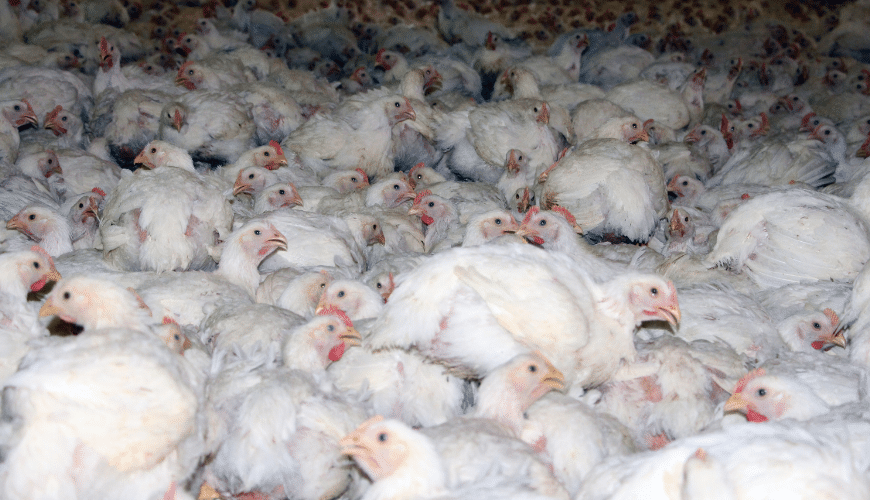
COVID-19 changed lives. We lost loved ones and missed out on moments like weddings and graduations. Since March 2020, the term “once in a lifetime” to describe the public health event has been used more than once. But the stark reality is that for many of us, it will not be once in a lifetime. […]
Medical Countermeasures: More Potential for the FDA Modernization Act

In December 2022, the FDA Modernization Act 2.0 was passed by Congress as part of the FY2023 Omnibus bill. The FDA Modernization Act updated the Federal Food, Drug, and Cosmetics Act (FFDCA) by lifting the requirement for animal testing and allowing applicants for market approval for a new drug to use the best methods available […]
The Role of Animal Experimentation in Endangering Species

On May 19th we celebrated Endangered Species Day, dedicated to learning about and taking action to protect endangered and threatened species. 2023 also marks the 50th anniversary of the landmark Endangered Species Act—a silver lining in the face of a sixth mass extinction. The Endangered Species Act (ESA): Establishes protections for wildlife (including fish) and […]
The Animal Welfare Act Protects Animals, Right?
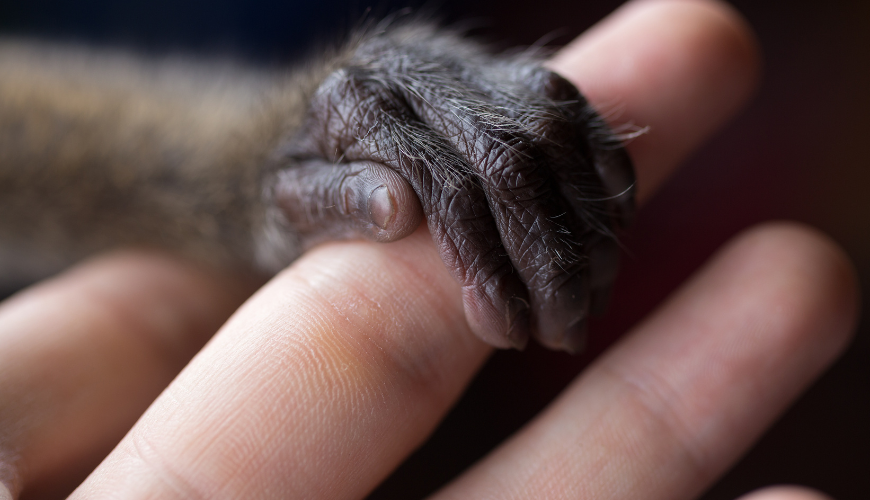
Few federal laws are considered household names. One of these is the Animal Welfare Act (AWA). The AWA was the first United States federal law to regulate animals used in research. The law was initially called the Laboratory Animal Welfare Act (1966) and was enacted to combat theft of pets to be sold into research. […]
FDA Modernization Act and Beyond: Updates from the FY2023 Omnibus Bill and Accompanying Report Language
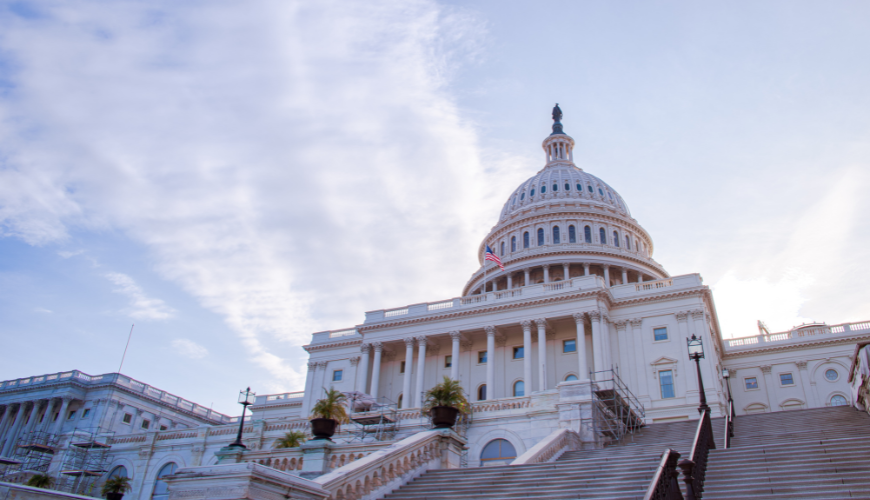
You may have heard that on December 29th President Biden signed the FY2023 Omnibus bill. This $1.7 trillion spending package includes some major wins for human health, animals, and the planet. The FDA Modernization Act 2.0 is what we view as one of the most significant inclusions in the bill, and one of the biggest […]
